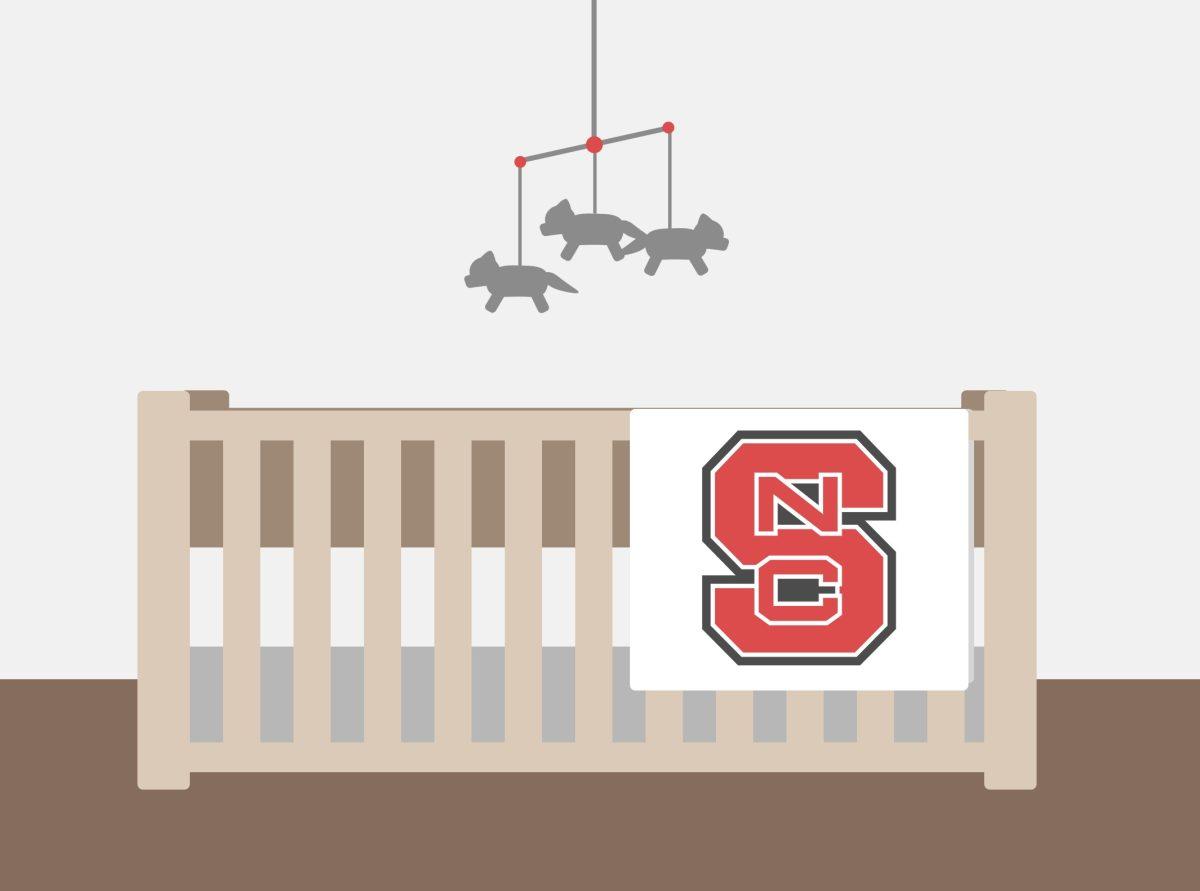In September 2019, the UNC System Board of Governors announced a new parental leave policy for birth mothers, fathers and adoptive parents, starting a few months into 2020, according to a memo from Executive Vice Chancellor Warwick Arden and Interim Vice Chancellor Mary Peloquin-Dodd.
According to the memo, birth mothers will have up to eight weeks, while non-birth parents, which includes fathers and adoptive parents, will have four weeks.
There is still no guidance from the UNC System that determines if certain groups, such as part-time and short-term employees, will receive the same benefits, according to Lisa LaBarbera-Mascote, director of the Women’s Center. Currently, the memo states that the policy only covers eligible employees within the UNC System, but has yet to clarify who qualifies for leave.
Before this policy, there was no paid parental leave for employees unless they had sick leave or annual leave, according to Donna Petherbridge, chairperson for the Council on the Status of Women.
LaBarbera-Mascote said she worked for the university for 10 years before having her first child and was able to take parental leave because of it. However, according to LaBarbera-Mascote, multiple people who worked on the project also had their own issues with getting parental leave.
“I was really fortunate,” LaBarbera-Mascote said. “I have the highest leave-earning potential. I earn two days a month, and I worked here for 10 years before I had my first child, so I didn’t have to go into an unpaid status because I had banked up enough time over 10 years to be able to go on leave and not have to worry about going unpaid during that time.”
The idea to establish a paid parental leave policy stemmed from the Human Resources Pathways Leadership Development Program, where university employees can complete a project that solves a problem, according to Petherbridge. One team, called Team Bump, started a project to tackle the issue of parental leave. The Council on the Status of Women later took the project in the fall 2016.
Jonathan Champ, one of the team members, said he saw many parents struggle to have the leave time they needed.
“I [have] seen a number of my coworkers go through the process of having a new child join the family, whether it was via birth or adoption, and the challenges that they faced remaining paid,” Champ said. “It’s pretty much always the situation that someone has a child, and they’re on shared leave because they didn’t have enough leave to remain paid.”
Shared leave is a system where employees can donate unused sick leave to other employees who need it for medical reasons. Shared leave cannot be used until someone has used all of their sick leave and vacation time. Furthermore, a birth mother cannot use sick leave beyond the 6th or 8th week if the mother has a cesarean section. Therefore, the mother usually has to take unpaid leave, according to Champ.
The Council on the Status of Women took on the project and formed a sub-committee of employees both inside and outside of the council. Eva Feucht, director of the Park Scholarships, and LaBarbera-Mascote were two of the members.
“We’ve been working on this since about 2015,” LaBarbera-Mascote said. “That’s when pathways leadership started doing their work and their research. Then we got together as a subcommittee, and we started to more closely understand what went into parental leave on campus.”
LaBarbera-Mascote said once the Council on the Status of Women took on the project, they realized they had to make it a UNC System policy rather than something exclusive to NC State.
“We realized that there was no way we could change it just for NC State, because NC State’s Human Resources policies are governed by both the system office as well as the legislature,” LaBarbera-Mascote said.
Champ said the policy will help recruit employees to NC State if they know they will have paid leave should they have children, and the policy is morally justified for parents who have children.
“You want people to have happy, healthy babies and come back to work and be well-rested and not sad and resentful,” Champ said.








